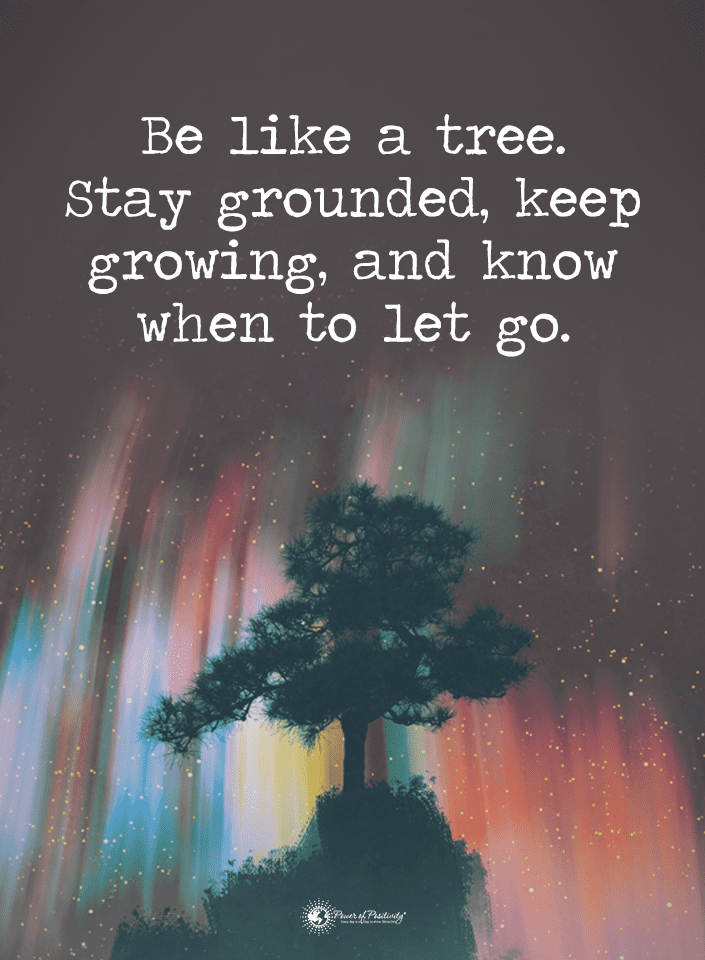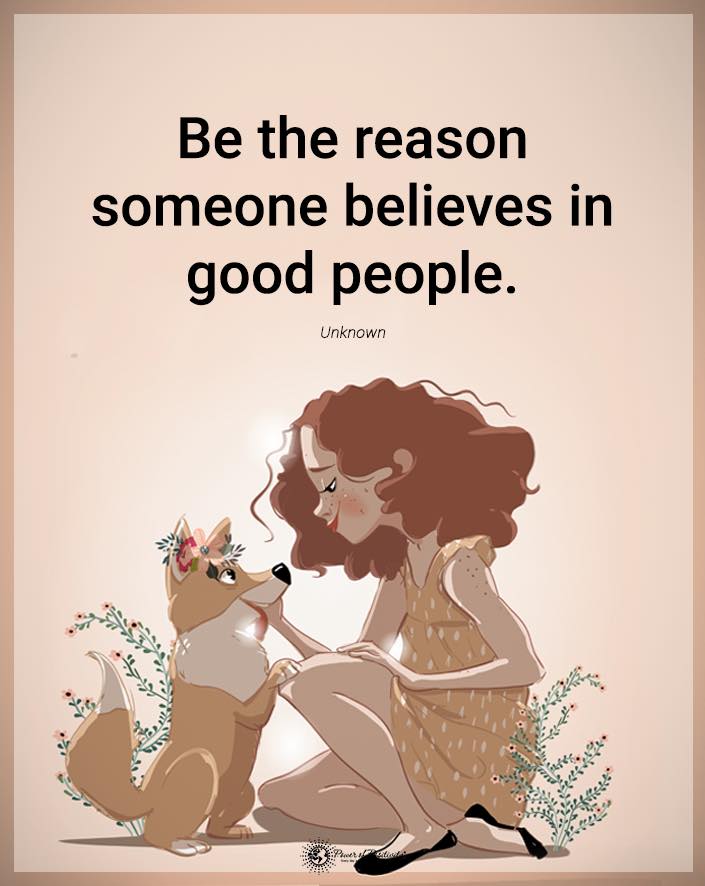Cognitive bias refers to the tendency of individuals to think and make decisions based on their preconceived notions and past experiences. This means they often disregard objective facts and act erratically and emotionally. These biases can influence our perceptions, beliefs, and actions. They can have a significant impact on our overall happiness and well-being.
Cognitive biases can manifest in various forms, including confirmation bias or availability bias. Other common biases are the sunk cost fallacy and the halo effect. It can seem complicated to overcome some biases, but addressing them is worth it. You can improve your happiness and well-being by recognizing and overcoming cognitive bias.
Understanding these biases is essential because they can significantly impact our daily lives. For example, confirmation bias can lead us to ignore evidence that contradicts our beliefs and prevent us from considering alternative perspectives. Availability bias can cause us to make hasty decisions based on incomplete or biased information.
Overcoming cognitive biases requires consciously recognizing and challenging our assumptions and beliefs. This can involve seeking out new information, considering alternative perspectives, and being open to changing our opinions based on evidence. It may also require us to confront our own biases and prejudices. This can be uncomfortable but ultimately lead to personal growth and development.
What is Cognitive Bias?

Cognitive bias refers to the mental shortcuts and judgment errors the brain takes when processing information. They appear for various reasons, including the limitations of our cognitive processes and the complexity of the world around us. Our brains have limited processing power, and we often make quick decisions based on incomplete information. These mental shortcuts are often referred to as heuristics.
These are rules of thumb or cognitive strategies that help us quickly process. Heuristics help us make sense of the vast amount of information we encounter daily. While heuristics can be helpful in certain situations, they can also lead to errors in judgment or perception. Additionally, cognitive biases can arise from our past experiences, social and cultural norms, and personal beliefs and values. Our emotions, such as fear, anger, or desire, can also influence our biases.
Bias can also be determined by the need to continue investing in something because you have already invested so much. This is known as the sunk cost fallacy, another thing people struggle with. In some cases, cognitive biases can also be reinforced by group dynamics. It might be the case that individuals conform to the group’s opinions to fit in or avoid conflict. This can lead to groupthink and further reinforce cognitive biases.
These biases can have a significant impact on thinking and decision-making. They can lead us to make faulty judgments, overlook important information, and fail to consider alternative perspectives. Understanding cognitive biases and being aware of our biases can improve our thinking and decision-making abilities. We can also avoid falling prey to these mental shortcuts and errors in judgment.
Types of Cognitive Bias
There are numerous types of cognitive bias, each of which can impact our happiness and well-being in different ways. It would be almost impossible to list them all, so here are a few common examples:
1. Confirmation bias
Confirmation bias can create a cycle where we only seek information supporting our beliefs. It can make us ignore evidence that challenges those beliefs. This can lead to closed-mindedness, preventing us from seeing alternative perspectives or considering new ideas. It can also make us less receptive to feedback or constructive criticism. This can hinder our ability to learn and grow.
2. Negativity bias
Negativity bias is a cognitive bias leaning on negative information over positive. This bias can lead to a skewed perception of the world and increased stress and anxiety levels. It makes us pay more attention to negative events and experiences than positive ones. For example, we may dwell on negative feedback from a boss rather than focusing on the positive aspects of our performance. This bias can also cause us to overestimate the likelihood of adverse outcomes and underestimate the likelihood of positive ones.
3. Illusory superiority
This bias is the belief that one is superior to others in specific ways, such as intelligence, beauty, or morality. This bias can lead to feelings of superiority and arrogance. Naturally, this can ultimately hinder our ability to form meaningful relationships with others. Illusory superiority can also cause us to make inaccurate judgments about others. For example, it might make us believe that someone is less intelligent or capable than we are.

4. Anchoring bias
Anchoring bias is a cognitive bias that leans too heavily on the first piece of information encountered when making a decision. This can cause us to overlook other relevant information and lead to poor decision-making. For example, we may be influenced by the first price we see when shopping for a product. We’ll probably buy something cheap even if other products with better value are available. We may also be influenced by the initial offer in a negotiation, even if it is not in our best interest.
5. Availability bias
The availability bias refers to the tendency to rely heavily on the most recent or easily available information when deciding something. This can lead to hasty decisions based on incomplete or biased information. For example, we may be more likely to invest in a stock if we hear positive news about it on the news. This will happen even if it is not a sound financial decision. In politics, the availability bias can lead to distorted perceptions of risks and opportunities. We’ll focus too much on the most recent or sensationalized events.
How Biases Hurt Your Happiness
Cognitive biases can hurt our happiness and overall well-being. Biases can lead to distorted thinking, contributing to irrational behavior and emotional distress. When we are not aware of our biases, they can create barriers that prevent us from seeing the world objectively. This can lead to anxiety, stress, and depression.
For example, if we have a confirmation bias, we may only seek information confirming our beliefs. We’ll do this even while ignoring evidence to the contrary. This can lead to a distorted view of reality. So, it makes it difficult for us to understand and engage with the world constructively. Similarly, we may focus too much on negative events and overlook positive experiences if we have a negativity bias. This leads to feelings of sadness and hopelessness.
Cognitive biases can also create interpersonal conflict and damage relationships. We may struggle to form meaningful connections with others if we have an illusory superiority bias. This can create resentment and mistrust in our relationships, leading to social isolation and decreased happiness.
Overcoming Biases
Various strategies can help us overcome cognitive biases and promote happiness. One approach is to practice mindfulness, which involves increasing awareness of our thoughts and feelings. By becoming more mindful, we can recognize when we are experiencing biased thinking and challenge those thoughts in the moment. Another strategy is to engage in perspective-taking, which involves considering alternative viewpoints and challenging our preconceived notions. This can help us overcome confirmation bias and promote more open-minded thinking.
Critical thinking is also a useful tool for overcoming cognitive biases. By evaluating beliefs and assumptions critically, we can identify areas where our thinking may be biased. Thus, we can work to address those biases. It’s important to note that avoiding cognitive bias altogether may not be possible. Biases are a natural part of human thinking. However, we can improve our decision-making abilities by actively recognizing and overcoming our biases. Therefore, we can promote happiness in our lives.
Cognitive Bias in Everyday Life
As discussed before, people struggle with bias in everyday life because it is a natural tendency of the human brain. So don’t feel bad if you realize you hold some biases. It’s just our brain’s way of trying to process information quickly and efficiently. This can sometimes lead to mental shortcuts and judgment errors, manifesting as cognitive biases. It can be challenging to recognize and overcome biases, as they often operate at a subconscious level. It requires effort and self-awareness to acknowledge and address one’s biases.
Cognitive biases can manifest in various aspects of our everyday lives, including in the workplace and in social interactions. In the workplace, unconscious biases can impact hiring and promotion decisions, leading to unequal employee outcomes. For example, a manager may favor candidates with similar backgrounds or interests unconsciously. This can perpetuate homogeneity in the workplace.
Social biases, such as stereotypes and prejudices, can also impact social interactions. For example, we may unconsciously stereotype individuals based on race, gender, or other characteristics. This leads to unfair treatment and missed opportunities for meaningful connections. Political biases can also shape our beliefs and opinions, leading to polarized and divisive discourse. Biases can influence our perceptions of different political ideologies and candidates. This will make it challenging to engage in productive and constructive political dialogue.

Final Thoughts on Understanding How Cognitive Bias Decreases Your Happiness
A cognitive bias is a natural part of human thinking. But it can have a significant impact on our happiness and well-being. When we allow our biases to dictate our decision-making, we limit our ability to grow, learn, and connect with others. However, we can improve our decision-making abilities by recognizing and overcoming cognitive biases. We can also reduce our anxiety and stress levels and form more meaningful relationships with others.
We can adopt mindfulness, perspective-taking, and critical thinking strategies to overcome cognitive bias. These approaches can help us increase our awareness of our thoughts and feelings and challenge our preconceived notions. They also allow us to evaluate our beliefs and assumptions. Mindful living and cognitive bias go hand in hand. Being present and aware of the moment can help us recognize and challenge our biases. Living mindfully and overcoming cognitive bias can take effort and practice, but the benefits are worth it. By understanding our biases and working to overcome them, we can improve our overall happiness and well-being.


















